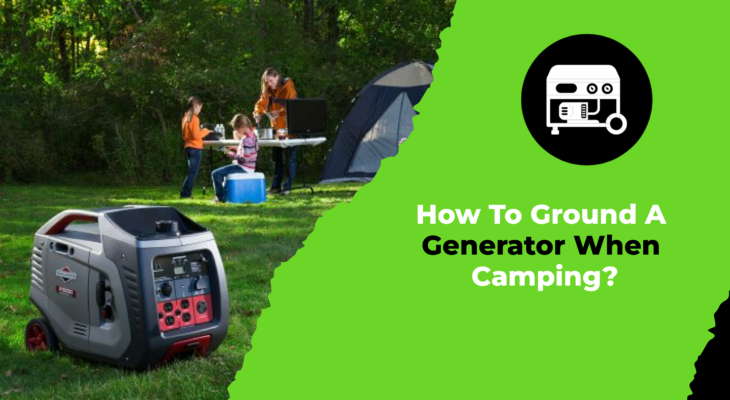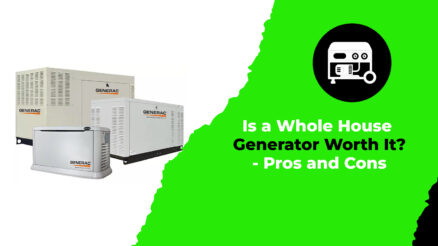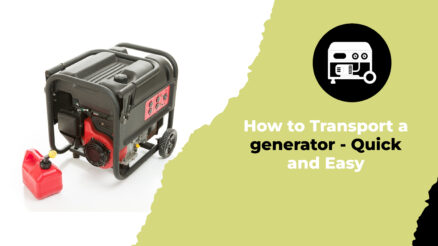In the outdoors, camping generators come in handy. If you don’t have a gas stove with you, they assist you in making great meals by powering all your devices, lighting up your camping or RV, and lighting up your entire home. You must configure it appropriately to operate it securely, as it is a powerful electric device. Setting up the generator’s grounding is an example of these safety considerations.
To be grounded is to be secure. The term “well-grounded” is frequently used to characterize others. They are capable of handling life very well and have sound minds. By grounding the generator in the RV, you enhance protection and reasonably manage the RV lifestyle.
For almost all portable generators, the structure will serve as the earth; thus, you won’t have to pound a metal rod into the ground while erecting the unit. A short metal rod is prohibited by code if you wish to be exceptionally safe. To implement code, one must be eight feet tall.
Continue reading this post to learn more about grounding the generator in your RV. It is jam-packed with knowledge and advice that will make using your generator much easier and quicker. So if you’re ready, let’s begin!
Do You Need To Ground Your Inverter Generator?
Grounding your inverter generator is necessary for increased safety, reduced electrocution, and protects the connected equipment from harm. Many generators already have a ground connection to the metal case. For electricity to flow, grounding offers a low-resistance conduit. Before grounding the inverter generator, it’s a good idea to read the manufacturer’s instructions.
Grounding Of Generator
Before going down, it’s better to understand what the grounding of the generator means. The purposeful connecting of an electrical circuit or item of machinery to a baseline ground is known as grounding. The generator’s frame or a copper wire and metal rod are both considered the baseline ground.
“Bonding” refers to the purposeful electrical connection of parts to the generator’s frame, such as a petrol tank or motor. Whenever you create a distinct ground, you must ensure that the bonding and grounding circuits have low resistance connections and can securely conduct an electrical power shock away from the machine.
Your ground wire and metal stake should have a resistance of no more than 0.2 ohms. Additionally, you must ensure that the bonding link can withstand an electrical surge brought on by a malfunction or a lightning strike.
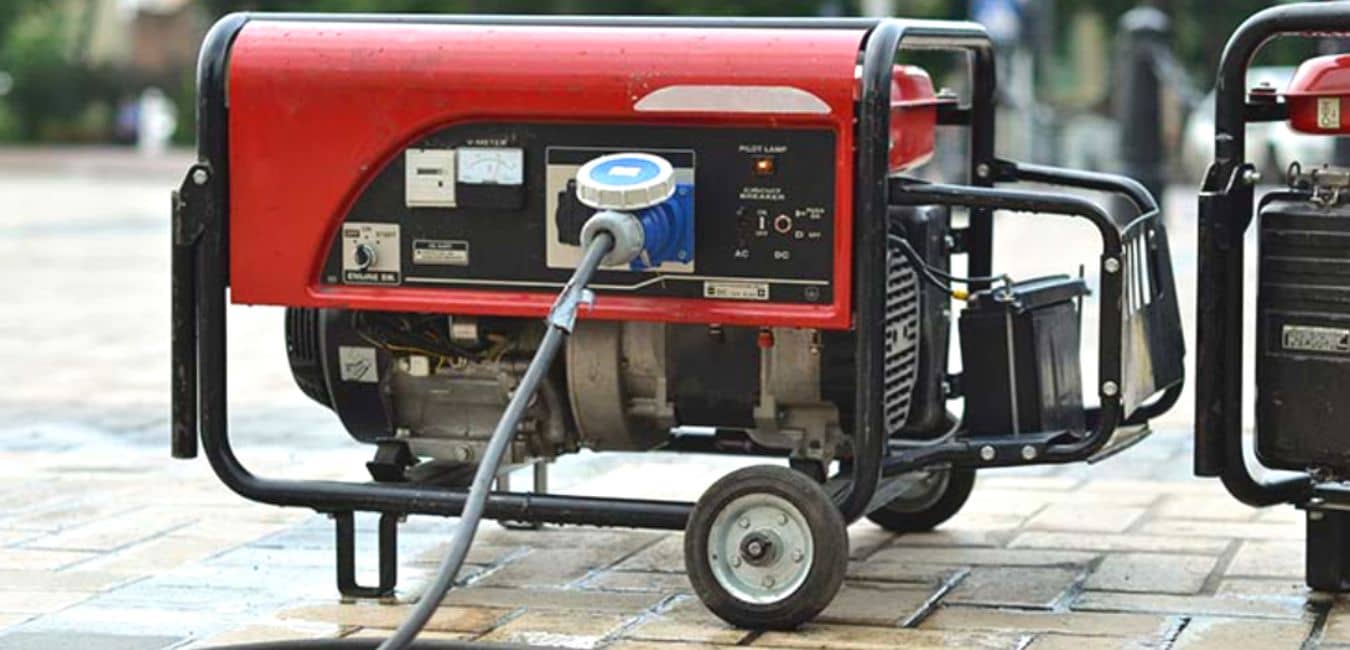
How To Ground A Generator When Camping?
Checking your gas generator’s owner’s handbook is the first step towards grounding it. It will indicate whether or not you have to ground the device. It needs to provide instructions on how to ground your generator correctly.
Here are some straightforward procedures to take if your documentation is silent on how to accomplish it:
- You must confirm that the ground is dry before grounding your generator. Never attempt to ground your generator when it is damp. Find a spot on the ground, make sure your hands are dry, and cover the location to protect it from any potential wetness.
- Using a hammer, drive the copper rod at least eight feet deep into the ground to secure it to the floor. The rod should grind much better if you apply additional pressure while dipping it. Put some water on the ground if it is too stiff to pierce and allow it to thaw. Sink the rod no deeper than 45 degrees once the surface has dried.
- Ascertain that the copper cable is installed far from your campground. Use your wire stripper to remove the copper wire’s two ends. Ensure that the majority of the wire remains naked.
- You must connect the copper wire after the grounding rod is four feet underground. Enclose the copper wire securely with the pliers next to the rod.
- You must carefully wrap the copper wire around the copper rod using the pliers after the copper rod has been inserted at least 8 feet below the ground.
- Connect the portable generator to the other wire, so it is grounded.
Do You Need A Ground Rod For A Generator?
No! The requirement to ground your portable generator to a ground rod is not stated by OSHA, NEC, or RVIA. The reason is that the elements of the majority of portable generators are attached to the frame of the generator, so there is no need for grounding a rod.
This design prevents the majority of RV owners from grounding their portable generators. Sometimes, time can be wasted, and grounding an RV can be too disruptive. There is no requirement to ground your portable generator if you are using a transfer switch or plugging your items directly into the generator.
Do You Need To Ground Your Portable Generator?
Your generator doesn’t always need to be grounded. Mostly, the manufacturers connect the portable generator parts to the generator’s frame, which serves as your ground wire. To connect an electrical appliance straight to a wired circuit system or your generator, you must ground the generator.
By grounding your electrical equipment, especially your generator, you may prevent an undesirable voltage from harming it. A burst of energy might run across the various electrical links and damage the device if improperly grounded. You, your family, and your possessions will be safeguarded from power failures by a securely grounded generator.
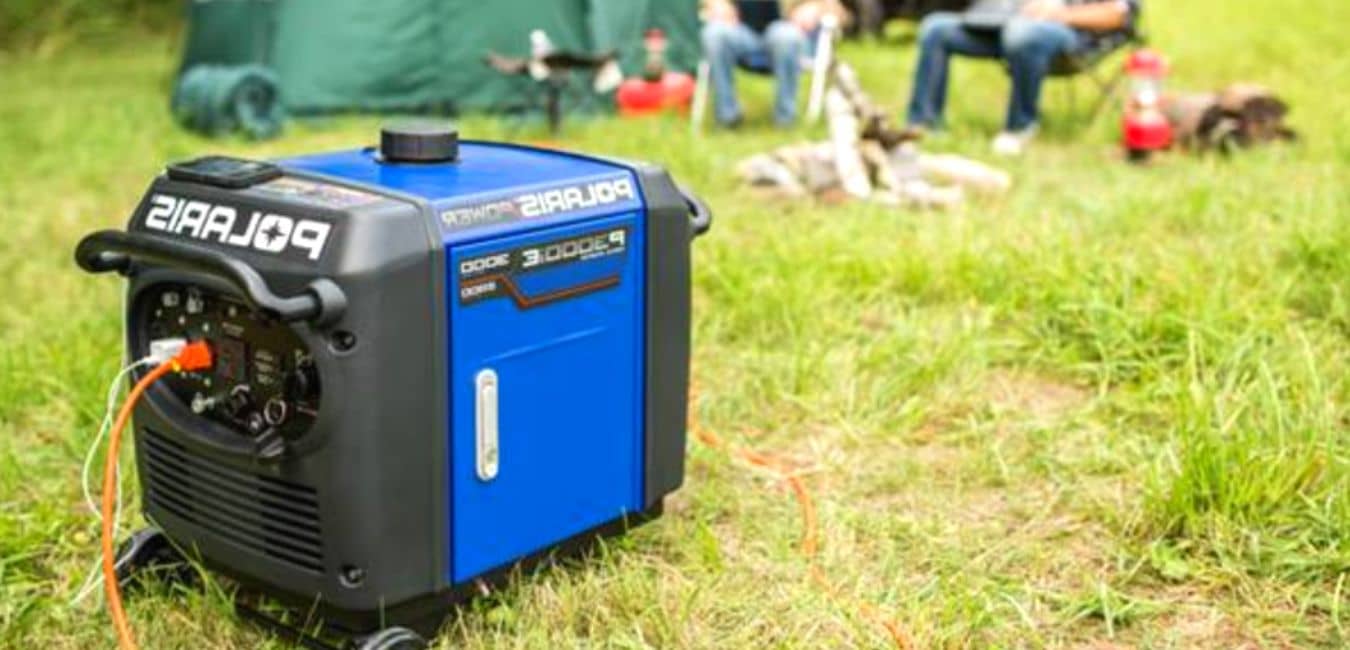
However, this does not imply that you must repeat the procedure each time you pitch a tent. In some circumstances, additional equipment may be needed than the generator’s bonded frame to route power outages far from your campground safely.
What Happens If You Don’t Ground A Generator?
Without grounding your generator, your risk of electrocution increases in the event of malfunctions. By grounding your generator, you can ensure that in the event of a problem, the excess current will have a safe route to exit and won’t affect the person using the generator as a conduit. Not only does this ungrounded generator cause these things:
- If a person contacts the short device, it will cause electrocution.
- Harm your costly electric appliances
- will burn out and harm your circuitry.
- Cause a fire inside of your RV or camper
Generators have a large number of potential hazards; these are not the things to play. Electricity is created by generators, and in the event of even the most minor issue, that electricity may go a different path. Occasionally, the generator’s enclosure or other exposed elements may get current.
The feature that checks for an open ground could be in your RV. If the generator is not correctly grounded, it can reject all electricity. To do this, you would need a stake and copper wire, or you could create an adaptor connector that binds the ground and neutral pins simultaneously to provide the impression of an open area.
Is Generator Grounding Required By Law?
You are not required to ground your generator using a designated ground rod if the following requirements are satisfied, according to OSHA’s regulations (29 CFR 1926.404(f)(3)(i)):
You are using your generator’s installed recapticals to directly operate electrical devices, for example, if the main powerline of your house is not directly connected to your generator. The ground terminal of the receptacle and the non-current-carrying metal components are linked to the generator frame.
The first statement implies that you are directly connecting to or using an extension cord to power devices from your generator. The majority of camping generators operate in this way. This won’t be the case if the same generator is linked to your home’s main circuit.
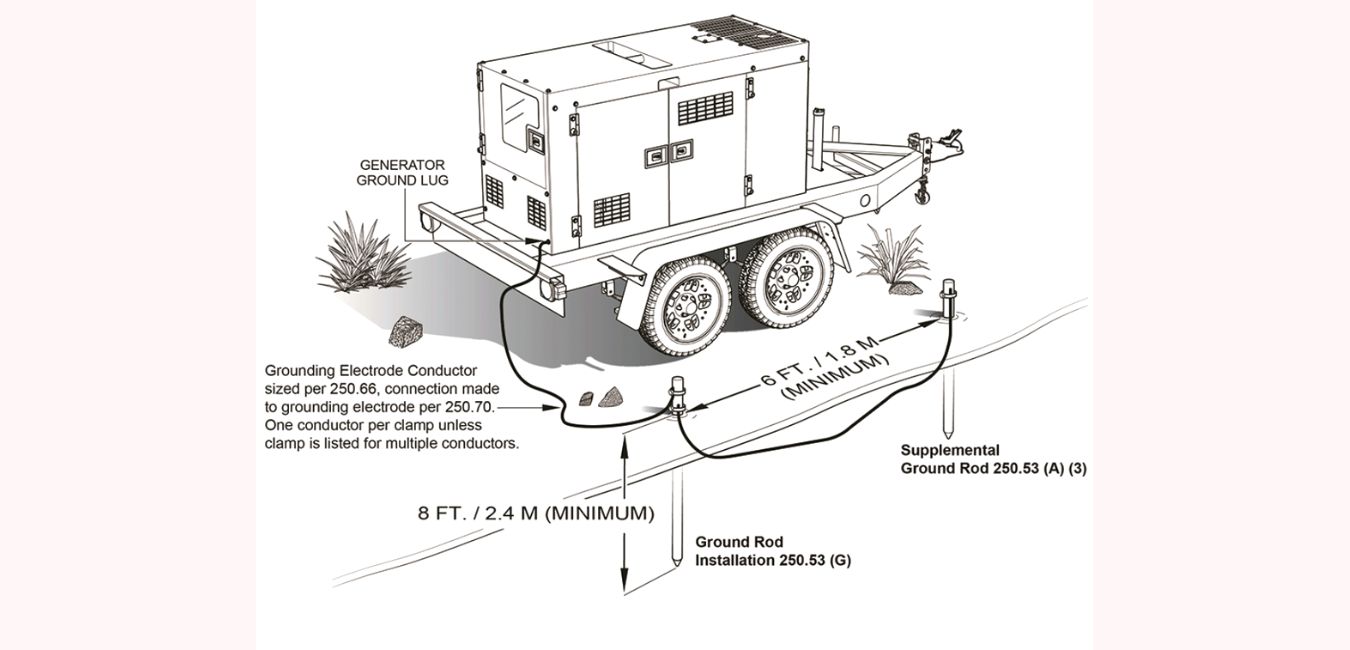
The other requirement is that any body components that do not transport electricity must be electrically attached to the metal structure of the generator for it to serve as a mini-earth. Almost every electric generator has this problem.
In conclusion, if you use your portable generator while camping to tiny power appliances like lighting or even a small space heater for your camp, you don’t require a grounding rod. Don’t forget that your generator is indeed technically grounded. To achieve that, you only don’t need the additional hidden rod.
Why Is Grounding Required?
The short-circuited current might discharge into the ground with the help of grounding of any electrical device. By taking a different route, the leakage current cannot travel through people, electrocute them, or harm any pricey equipment that might be in its way that’s why grounding is required.
If you look closely, most of your home’s electric appliances have 3-prong plugs. The HOT and NEUTRAL terminals are connected by two prongs, while a third prong connects the GROUND terminal.
To transport any short-circuited current, this third terminal is connected to the main body of the machines. This GROUND terminal connects to your mailbox through your wall outlet and is linked to your home’s ground line. Please note that any used rod must be buried 8 feet under the ground.
How To Ground A Generator When Camping – FAQs
Below you’ll find the answer to of few essential questions:
Our Verdict
We can’t go on our outdoor escapades without camping generators. To minimize the chance of a short circuit, we must adequately ground them to use them properly. Carefully adhere to the manufacturer’s grounding advice to ensure the safety of your generator.
Examine the local electrical code to see if it may help if the manufacturer doesn’t offer any guidelines. If you cannot perform either of these things, just drive a 4-foot-long rod into the ground and attach it to the ground terminal of your generator. You may use your best camping generator safely and worry-free. We hope you now understand how to ground a generator when camping.


